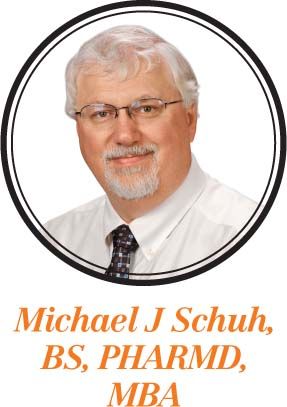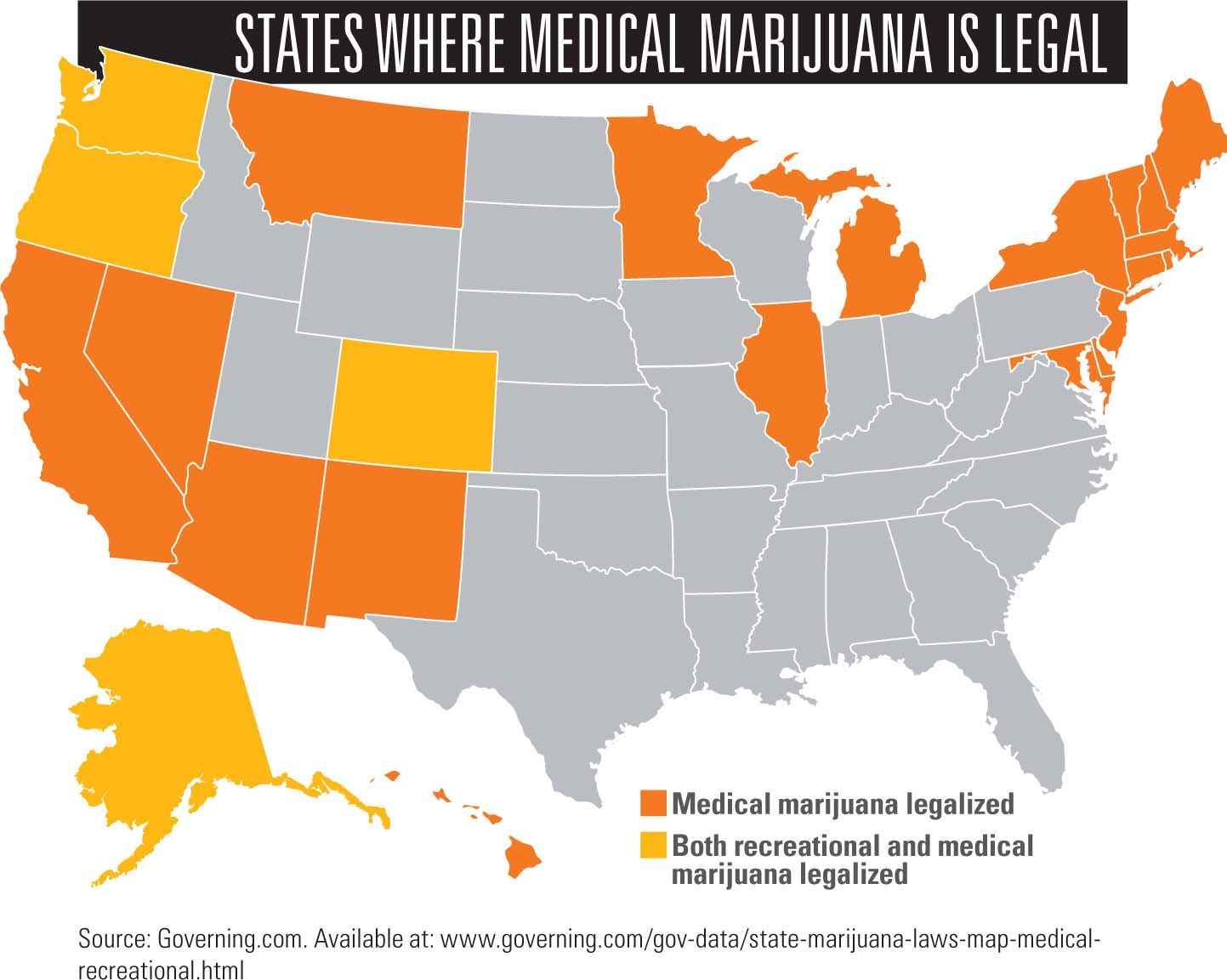Medical marijuana: 8 questions in search of an evidence base
Starting as a seedy, possible root cause of drug abuse, marijuana has branched out and grown into a redwood-sized recreational drug industry not unlike the tobacco industry.
Starting as a seedy, possible root cause of drug abuse, marijuana has branched out and grown into a redwood-sized recreational drug industry not unlike the tobacco industry.
If marijuana-derived agents prove useful in easing human suffering, we should all champion their use, provided the medical evidence is there with the research to support it properly. But “medical” marijuana advocates have intentionally circumvented the due process of scientific investigation.

Pediatricians and other frontline healthcare professionals are often bombarded with questions regarding marijuana and its medical implications. Much is said and written about marijuana as a medicinal agent, but even after decades of press coverage, aggressive advocacy by some groups, and even development of prescription products (which, by the way, are usually not first-line treatment for any medical condition), marijuana’s true medical usefulness is still somewhat obscure. Charlotte’s Web is one such marijuana product that has gotten much press as one case study regarding an epileptic child.
More: Detecting secondhand exposure to marijuana
If one reads or watches the lay media, the impression may be given there is a conspiracy to cover up a miracle cure for everything that ails us as medical consumers. This is compounded by mistrust of drug companies and the government by some.
All of us should think about these issues in a macro sense and investigate them further.
A few questions
An evolutionary social process has transformed the public perception of marijuana from an abused, illegal street drug into a “medically” desirable psychoactive agent, complete with tax-revenue and profit-generating possibilities. How did that come about? Where is it heading? Maybe we should ask some questions. We could start with the following:
1. If marijuana presents genuine possibilities as a breakthrough drug for treatment of many disease states, why was the process of showing safety and effectiveness through the standard [US Food and Drug Administration] investigative protocol largely circumvented? You may recall that a similarly unconventional chain of events led to the Dietary Supplement Health and Education Act of 1994 for herbals, which do not fall under the same regulations governing pharmaceutical drugs.
2. If distributing marijuana is illegal under federal law, why are states allowed to sanction the distribution of a federally illegal drug in felony quantities without enforcement?
3. The [US Drug Enforcement Administration (DEA)] falls within the administrative branch of the federal government with power to change marijuana’s classification from a schedule I drug, which would help facilitate research on its efficacy and safety as a medicinal agent. Why has the DEA not sought reclassification?
4. If marijuana is truly “medicinal,” why is it distributed through dispensaries by people who have no medical training when it carries all the dangers of side effects and drug interactions similar to those of vetted [prescription] and [over-the-counter] medications?
NEXT: More questions

5. Who came up with the term “medical marijuana,” anyway?
6. Have you noticed that for many of marijuana’s alleged indications, the medical “proof” of efficacy is touted from a few case studies and small investigational studies, and that almost all of them cite the need for more research and say that conclusions cannot be drawn from this limited evidence?
7. Have you noticed that states with legalized use of recreational marijuana began by legalizing the use of “medical” marijuana?
8. Why the big push for marijuana, anyway, if there are already prescription agents such as marinol easily available by [prescription] with medical supervision, not to mention other agents in the standardized pipeline that will soon be available?
Try this on for size
Maybe it’s because marijuana is green! States can tax it to support fiscally irresponsible use of tax dollars. Growers and distributors can sell it for prices above its street market value and become very wealthy in the process. The industry is a difficult one to audit, being a cash business where money can easily be diverted “off the books.”
Next: Drug testing and the pediatrician
Oh, and does “legal” marijuana dry up the illicit marijuana trade? Nope. Television news reports document the existence of a vibrant black market, where marijuana can be sold for much less than the dispensary price while still showing a tidy profit for illicit sellers, both in and out of state. So turf wars will continue, along with the accompanying crime and violence.
Tort attorneys like to figuratively garden in the marijuana patch. A very rich, very politically influential tort attorney in one state last year spent the other side of $4 million on promotion of “medical” marijuana via a state constitutional amendment and intends to continue the spending this legislative year. As a matter of fact, a gubernatorial candidate who narrowly lost the recent governor’s election was beholden to this very rich, very influential tort attorney because the attorney employed him when he was an ex-governor out of a job some years ago.
And why the intensive interest from tort attorneys? Widespread psychoactive agent availability is very good for business. Look at the booming motor vehicle accident tort industry. Much of this activity is the result of alcohol consumption, but imagine if we can get another few million or more impaired drivers on the road! A green goldmine!
Many times medical decision making involves deciding from alternatives in an emotionally charged atmosphere, especially when the decision making involves children. As healthcare professionals we are tasked with doing what is in the best interest of patients and their family to help them wade through a torrent of public information, sometimes obscuring the best medical options for them.
Dr Schuh is a clinical pharmacist and assistant professor of Pharmacy, Family, and Palliative Medicine at Mayo Clinic Florida, Jacksonville, and clinical assistant professor of Pharmacy, Department of Pharmacotherapy and Translational Research, at the University of Florida, Gainesville. His views are his own and not those of his employers nor other organizations with which he is associated.